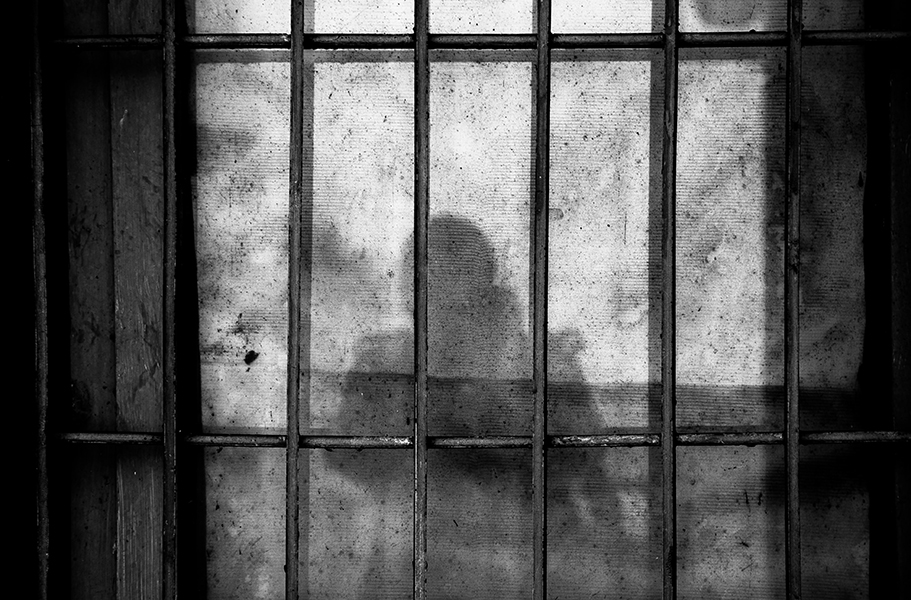In early June, China proposed a bill that, if passed, would have allowed the extradition of Hong Kong prisoners to mainland China.
The bill has since been retracted, but the protests have escalated into a demonstration of citizens’ frustration regarding China’s continued infringement on Hong Kong’s autonomy.
Hong Kong was under British rule as a colony until 1997, when it was passed back to China. Part of the agreement made included Basic Law, which outlined the freedoms Hong Kong would have, including a separate judiciary and legal system.
The protests have been escalating since China banned face masks in October. On Monday, an unarmed protestor was shot by the Hong Kong police and a man was set on fire for scolding protestors. The Guardian said that around 60 people were injured, and 260 were arrested.
The protestors have been using increasingly extreme tactics, blocking streets and throwing gasoline bombs and bricks. On Monday, six universities cancelled classes, and on Tuesday protestors and police clashed amid tear gas canisters and gasoline bombs at the Chinese University of Hong Kong.
If you haven’t been paying attention, you should be. How China works to end the six-month-long clash will be indicative of its respect, or lack thereof, for Hong Kong’s independence and the democratic power of the semi-autonomous state.
While many countries have voiced support for the Hong Kong protestors, few have taken action beyond that. Considering the state of democracy and human rights in America under the Trump administration, it may be surprising that representatives at several levels of U.S. government have taken a strong stance in support of the protestors. The House of Representatives passed a number of bills in October demonstrate its support, including exempting Hong Kong from trade sanctions and tariffs applied to China.
Hong Kong protestors have asked for stronger action from the U.S., saying that the U.S.-China trade war is putting pressure on the Chinese government.
Canada currently has issued statements supporting the protestors, but has no sanctions in place on China despite the country’s flagrant human rights violations and increasing violence against the activists Canada claims to support.
According to the BBC, China responded by telling Canada that it should “immediately stop meddling in Hong Kong affairs and China’s internal affairs.”
International pressure is having an effect on how China is dealing with the protests, at least according to the Hong Kong protestors. Canada, as a demoncratic country, has a responsibility to stand up in support of those who are experiencing human rights violations.
This is not to say that Canada has a responsibility to step in and force the creation of a democratic system. However, if Canada is a democratic country that wants to uphold democratic ideals on the international stage, our government should stand behind citizens who are demanding rights in their own countries.
There are protests going on worldwide — in Russia, in Bolivia, and in Egypt — where citizens are demanding fair treatment from their governments. If democratic countries ignore the protests of citizens in Hong Kong, a democratic state, who are experiencing documented violations of their rights and being denied their freedom of speech, what does that mean for people in other countries?
China is a world power operating amidst numerous democratic countries. It may feel like we can’t do much, but those in support of the Hong Kong protestors can demand our government take a stronger stance and take concrete action in support of the protestors.


